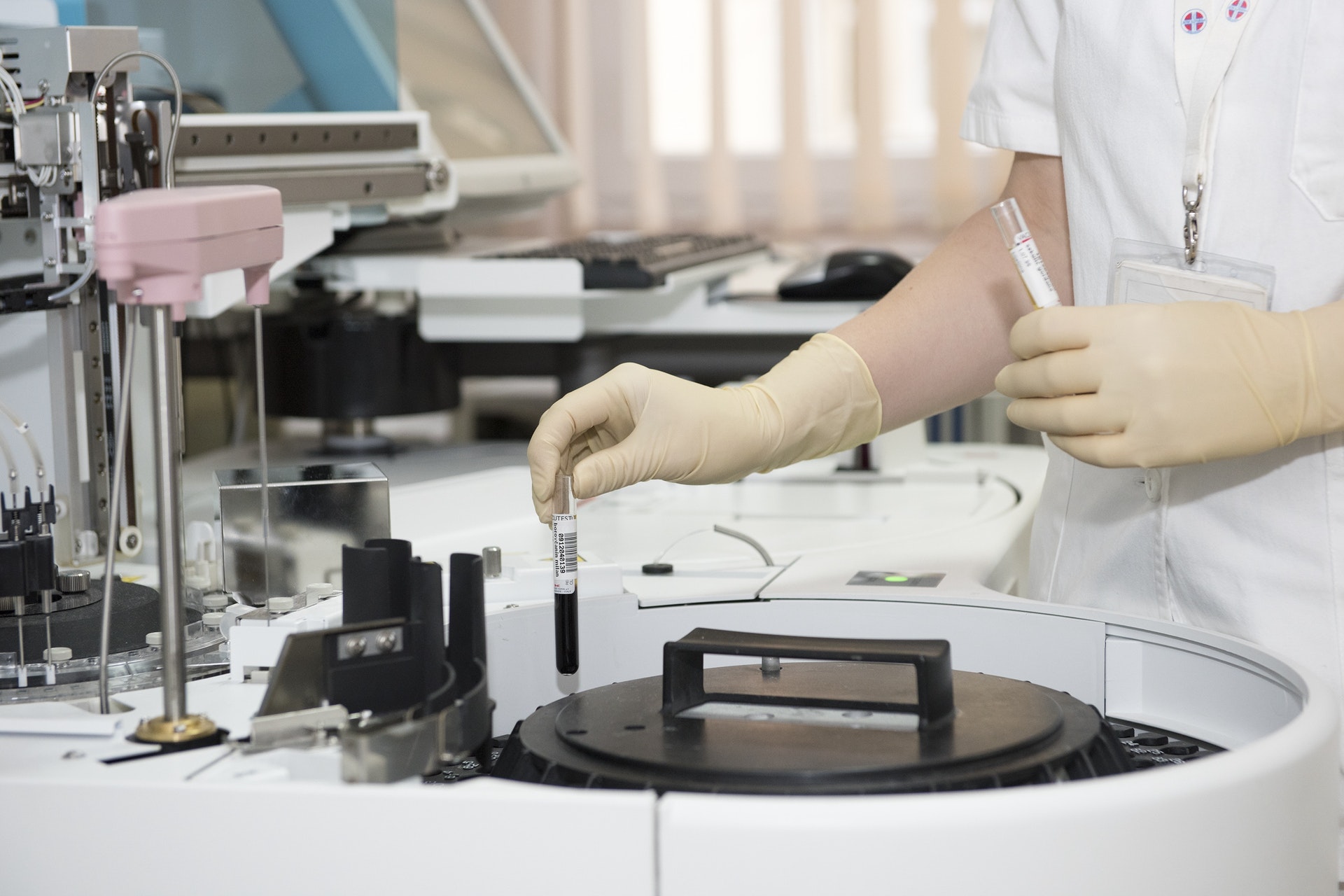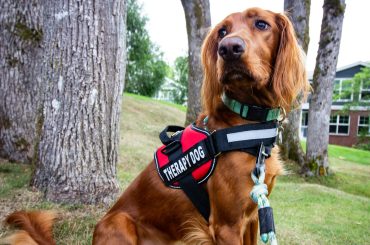If you want to help a loved one in recovery, addiction research might give you a glimpse behind the scenes of how recovery strategies often work.
If you care for someone who struggles with addiction, you know that supporting them isn’t easy. How can you bring up treatments and rehab? How can you keep an eye on their recovery? Where can you even begin?
You can always educate yourself. There are dozens of recovery websites, like Addictions.com or The Temper. And there are also the countless addiction research studies you could skim for their insights.
No, addiction studies aren’t something you read for fun. But the conclusions their researchers find inform addiction recovery. These studies influence how we write new drug laws, which procedures hospitals adopt and how addiction professionals approach their patients. And they might help you understand the world of recovery while you watch your loved one fight through it.
Addiction research matters, and because of that, we have a short list of addiction research studies that might help you understand your loved one’s recovery.
1. “‘Is it me or should my friends take credit?’ The role of social networks and social identity in recovery from addiction.” (2017)
Thanks to six-member team of researchers from Australia and the U.K., we’ve gotten a better sense of how you relate to your social environment while you’re in addiction recovery. The researchers, including Ramez Bathish, Melinda Beckwith and Daniel I. Lubman, surveyed hundreds of recovering addicts to learn how recovery impacted their relationships. There might be hope here – the survey found that recovery’s transition links to more social connection and new social identity. If that finding is widespread to all recoveries, that could be an opening for you in your loved one’s transition.
2. “The Relational Aspect of Natural Recovery: Natural Recovery as Relational Practice.” (2019)
What if addiction recovery took most of its strength from interpersonal growth and support? That’s what researchers Tanya Mudry, Pavel Nepustil and Ottar Ness ask readers in their article. They view addiction recovery as “specific relational trajectories” rather than just treating addiction’s symptoms. People in natural recovery (meaning no professional help or treatment) might sustain themselves through “healing interpersonal patterns” – other people’s recovery support. We can’t quite advocate recovery free of professional help, but the article makes a striking point about how friends and family can sustain a loved one’s recovery.
3. “Functional near infrared spectroscopy as a biological assessment of addiction recovery: preliminary findings” (2015)
Six researchers based in Lubbock, TX, including Jared P. Dempsey, Kitty S. Harris and Cynthia M. Dsauza, published their findings on brain-imaging tech in recovering alcoholics. They relied on “functional near infrared spectroscopy” (fNRS, a brain-imaging tech like MRI) to chart how the subjects reacted to images of alcohol cues. It turns out that those positive cues (rather than alcohol-neutral images) correlated with less brain reaction if the subject had been alcohol-abstinent longer — the longer you haven’t been drinking, the less your mind reacts to images that’d make you want to drink. Past studies made those findings, and since the fNRS successfully matched up, there’s a chance it might help study other addictions. So swab our foreheads for the probes, then?
So What?
You might’ve guessed from just the summaries that these studies aren’t fun or light reading. But, like we’ve said, they’re crucial to those in recovery, and to you as you bolster them. They can let you in on the new developments in treatment or therapy strategies.
So look through press releases for the summaries you can digest, like these from the Hazelden Betty Ford Foundation. Or keep coming back to In the Rooms, where we write content with you in mind. Our online community of forums and meetings can be a great suggestion for your loved one as they consider or begin their addiction recovery.






